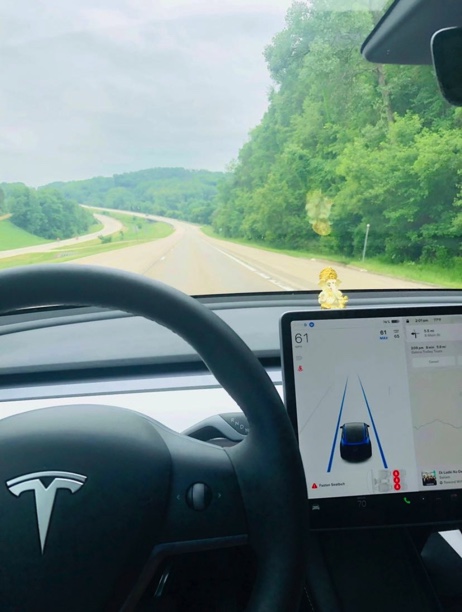In the past five years, electric vehicles (EVs) have dramatically changed the automotive industry in many ways. Increasing climate awareness, government tax credits for EVs and rapid battery innovation have propelled EV concepts and companies to success, or perceived success.
Tesla Inc., the leader in electric vehicle production, reached a market capitalization of 1.23 trillion in November of 2021. This market cap surpassed the combined value of Tesla’s five largest competitors.
The swift success of Tesla put pressure on other automotive companies to get involved in the EV market.
In an attempt to develop a foothold in the emerging market, General Motors, Ford Motor Co, Volkswagen AG and Toyota all hurried to develop what was believed to be the future of cars: EVs.
Automakers’ pursuit to enhance their electric lineups and achieve all electric pledges has triggered the largest auto-factory building boom in decades. In 2022, approximately $33 billion has been pledged for building new auto and battery factories in the US, according to the Center for Automotive Research, a nonprofit organization based in Michigan. This figure adds to the $37 billion committed to investing in new auto factories in 2021.
Recently, some people and business leaders are starting to question the effectiveness of aggressively pushing for an all electric future of cars. Toyota Chief Executive Akio Toyoda claimed that he is among the “silent majority” of those in the auto industry that are questioning EVs as the only way forward. “People involved in the auto industry are largely a silent majority,” Toyoda said to reporters. “That silent majority is wondering whether EVs are really OK to have as a single option. But they think it’s the trend so they can’t speak out loudly…The right answer is still unclear, we shouldn’t limit ourselves to just one option.”
PV junior Max Sorgenfrey also believes that the change to EVs may be moving too quickly. “Personally, I think EVs are taking over the car industry too fast. Accelerating quickly towards an all electric future has lots of pros and cons, but I believe that at this moment the cons outweigh the pros,” he said.
While EVs are construed as a vital aspect of reducing carbon emissions, studies have shown that they may not be as effective and efficient as advertised. The potentially harmful nuances in the sourcing of the electricity and battery components that power the vehicles are often overlooked by consumers and companies. Many also ignore the possibilities of hybrid cars. “To achieve carbon neutrality, we must remember that carbon is the real enemy, not a particular powertrain,” Toyoda continued. “And frankly, BEV’s are not the only way to achieve the world’s carbon neutrality goals.”
It is increasingly becoming apparent that the switch to EV will be difficult in the coming years. An economy plagued by inflation and a possible recession has seemingly weakened peoples’ enthusiasm for green vehicles. Many people have also become aware of the unreliable battery life of brand new EVs, as the ranges of the vehicles severely decline as the temperature lowers. This lack of optimism for the near future has become apparent in the recent sharp decline in Tesla’s stock price, which plummeted 65% in 2022.
Auto makers are currently balancing the efficiency and profitability of their vehicles with their commitment to a carbon neutral future. It is likely that companies will continue to try and keep this balance in the most efficient manner possible. Whether this progression includes a mix of EV, ICE hybrid vehicles is still unclear, but everyone has the same goal: reducing carbon emissions.










